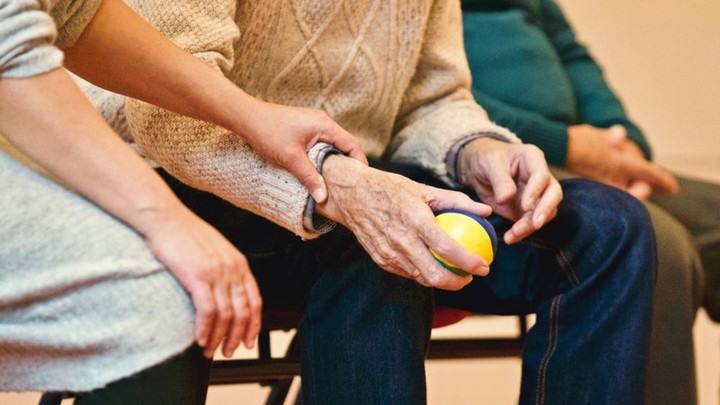Computer-Mediated Peer Support Needs of Home Care Workers: Emotional Labor & the Politics of Professionalism
 Home care workers provide essential care services for elderly and at risk populations but have few opportunities to interact with and get support from other HCWs.
Home care workers provide essential care services for elderly and at risk populations but have few opportunities to interact with and get support from other HCWs.
Abstract
Home care workers (HCWs) are increasingly central to post-acute and long-term health services in the United States. Despite being a critical component of the day-to-day care of home-dwelling adults, these workers often feel underappreciated and isolated on the job and come from low-income and marginalized backgrounds. Leveraging the support of peers is one potential way to empower HCWs, but peer support encompasses a broad range of activities and aspects. Traditional conceptions of workplace support may not be appropriate to the home care context, as HCWs are a distributed workforce who have few opportunities to interact with each other. In this study, we explore how HCWs value and conceptualize peer support. Our findings demonstrate the importance of peer support in performing the emotional labor of home care work and ongoing attempts to strategically frame the home care profession as essential and medical in nature. Our results ground design implications for technology-enabled peer support based on the power dynamics of our participants’ context and allow us to engage with issues where technology design for empowerment intersects with exploitation in distributed or crowd work, emotional labor, and tacit knowledge.
Awarded a Recognition for Contribution to Diversity & Inclusion.


